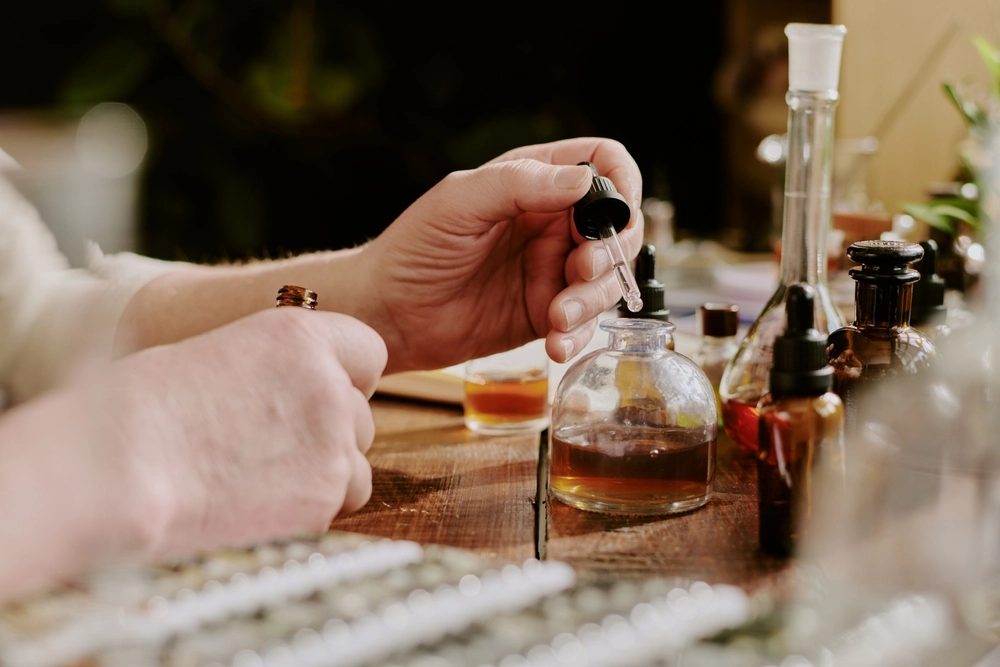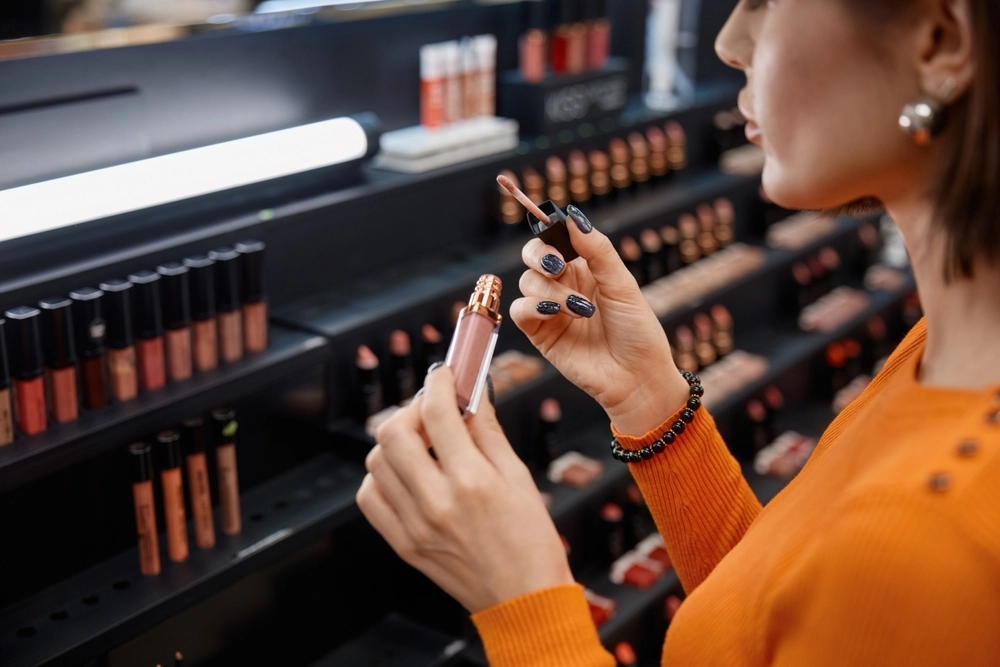
Bottled trade mark trouble? – The legal uncertainty of decants


For the next part in our mini-series, "Intellectual property for perfume houses", we turn our attention to decanted perfumes as we review the potential brand risks they pose, examine their uncertain legal status and consider whether their unauthorised sale can be prevented.
What are decants?
To decant means to pour out, transfer or unload from one vessel to another and it has become a common practice in the luxury fragrance market to decant perfumes from a brand's original full-sized bottle into numerous smaller containers for individual resale. These are known in the market as "decants".
Decants allow customers to experience exclusive branded scents, without committing to purchasing an entire bottle. Unlike counterfeit or fake goods (discussed further here), these miniature versions contain the genuine product albeit in a smaller quantity.
Whilst decants themselves contain the original product, they take control of the brand dialogue away from the brand owner. They do not offer a full brand experience, for example, for many consumers the design of statement perfume packaging is a key part of the experience and purchasing decision, further details of which can be found in the first article in our series here.
Decanting gives rise to several implications, leaving it in a legal grey area.
Risks of decants to perfume brands
The sale of decants poses a number of risks to fragrance brands. Luxury perfume brands invest heavily in crafting not only their scents, but also their associated brand image and identity. When decants are made and sold without permission, this can undermine that carefully manufactured brand value and can lead to:
Customer Confusion
Unauthorised decants may result in perfume being sold in unbranded or improperly labelled containers, leading to confusion among customers regarding the origin or authenticity of the product.
Brand Dilution
Decants strip away the luxury experience tied to a brand's packaging and presentation, potentially harming its reputation.
Quality Issues
Decanting may alter the scent or its longevity, resulting in a reduction in quality and brand image in the eye of the consumer.
Loss of "exclusive" feel
Fragrance brands often use limited availability or high-end pricing to create an "exclusive" feel to their product. By making the fragrance available in smaller and cheaper quantities, decants undermine this and, arguably, diminish the overall value of the product.
Diminishing the product
The process of decanting a perfume risks introducing contaminants to the product which could have a negative impact on brand.
For many consumers, the experience of interacting with brand packaging and the way a particular perfume's diffuser works is also part of the experience and savvy perfume houses will seek to protect these elements.
The legal status of decants
Due to the brand risks outlined above, fragrance companies may wish to prevent unauthorised trading of their products by way of decants. To do so, they will likely need to rely on enforcing any trade mark rights that they own, if the decant has been repackaged and is being sold using the original branding.
Trade mark infringement
Among other benefits, trade mark rights allow the owner of a trade mark to prevent others from using an identical or similar brand without their permission (you can find our summary of the numerous other benefits here). If decanted perfume is marketed or sold using a protected trade mark (such as the brand name of the perfume or the logo of the fragrance company), this may amount to trade mark infringement. As a result, as the owner of the trade mark, fragrance companies can seek to assert their right of exclusivity and prevent any sales of the decant using their protected trade mark. However, owing to the "doctrine of exhaustion", the position as to whether trade mark rights can actually be enforced can be complex in situations where products are moving between different territories.
Exhaustion
The principle of exhaustion applies to a variety of intellectual property rights, including trade marks. Essentially, the effect of the principle is that once goods bearing the trade mark are placed on the relevant market with the consent of the trade mark owner i.e. the rights holder, their rights over them are exhausted. Once the trade mark rights are "exhausted" they cannot be used to object to, or claim a profit on, any further sale of the goods and the rights cannot be infringed by further sales of the goods. It is this principle that the decant market relies upon to justify their legal legitimacy.
However, the principle does not apply in the following circumstances:
Legitimate reason
If there is "legitimate reason" for the original owner to oppose the resale. In the context of the risks of decants to perfume brands (as outlined above), we note the following potentially legitimate reasons:
- The condition of the goods has been changed or impaired and is not in original condition;
- The sale will cause damage to the reputation of the brand;
- The sale will cause customer confusion between the owner of the mark and the third-party decant seller; and
- The product has been relabelled, changing the information provided on the product.
First sale to outside of the European Economic Area
In the European Union (EU), trade mark exhaustion has an important geographical element. Essentially, European trade mark rights will only be exhausted if the product is first sold in the European Economic Area (EEA).
This means that if the perfume is purchased outside of the EEA, then any EU trade mark rights have not been exhausted. As a result, the exhaustion regime cannot be relied on to create and sell decants in breach of the existing EU trade mark rights.
The implications of Brexit
In May 2025, the government confirmed that the UK will continue with the regime which was named "UK+". In short, the UK's position is that where goods are put on the market in the EEA with the right holder's consent, then the rights will be "exhausted" in the UK. The result being that such goods can be freely imported into the UK. However, the position is not reciprocal i.e. the UK now falls outside the EEA and so rights are no longer exhausted where goods are first put on the market in the UK and exported to the EEA. So, EU rights may still be invoked where goods are put on the market in the UK and then imported into the EEA.
Conclusion
Operating in a legal grey area, decants present significant challenges for fragrance companies seeking to protect their brand. As a result of the doctrine of exhaustion, it is not always clear if trade mark owners can enforce their rights in situations where their trade marks are being used.
Conversely, whilst decants do pose numerous risks to a brand's image, reputation and value, they also provide consumers with the opportunity to sample the scent at a lower cost, which may actually lead to an increase in popularity of the brand. Therefore, brand owners may be reluctant to enforce their rights and instead see it as a mechanism to expand their market.
Whether or not fragrance companies choose to oppose their sale is a careful balancing act of a number of legal and commercial factors. Regardless, fragrance companies remain able to control their brands provided that they have robust and effective protection strategies in place.
Our Intellectual Property experts take a comprehensive approach to safeguarding your brand and can assist you in implementing a robust trade mark and broader IP strategy. Here at Foot Anstey, we are always on hand to support you in your business journey, please get in touch to find out how we can help.


























